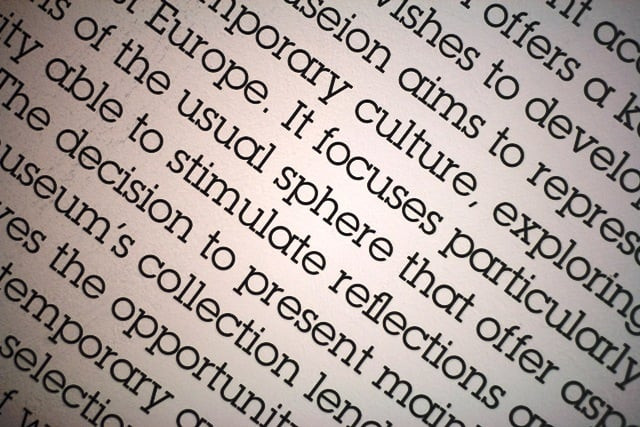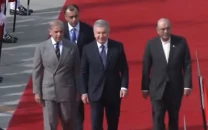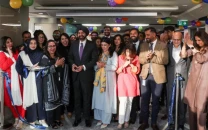10 things I hate about English
Can somebody please tell me, that if the plural of foot is feet, then why is the plural of boot not ‘beet’?

10 things I hate about English
2. The endless conflict between British and American spellings. During my internship at a newspaper, my effortless ease with American spellings drew the wrath of my boss who insisted on British spellings.
3. The way hordes of confused Star World-watching teenagers feel the need to fake their accent, sometimes slipping from fake-British to fake-American in the same sentence.
4. The need to widen your mouth to near offensive lengths for lucid pronunciation. One of my instructors at university stressed that Western languages require one to ‘open the mouth very widely’, for increased clarity. Really, I am not surprised that the Black Death spread so quickly in Europe.
5. The slang. ‘Gotta’, ‘lotta’, ‘sorta’, ‘kinda’. Chal bay!
6. The non-existence of differentiated pronouns. The honey-sweet warmth of ‘aap’ can never be captured by the brusqueness of ‘you’ — which can readily be used to address anyone from your two-year-old niece to your mother’s decrepit aunt.
7. How words can mean different things but sound the same. Imagine uttering sentences like: “The scheme was invalid for the invalid”, “The large number of injections made her jaw number”, “The dove dove in the pond”.
8. Love is a many splendoured thing…except in English. You can ‘love’ your beloved and at the same time ‘love’ fruit chat. Compare that with the enticing Urdu alternatives of ‘pyar’, ‘ishq’, ‘mohabbat’, ‘chahat’, ‘ulfat’, ‘dillagi’.
9. The insipidity of some kinds of English literature. Start with a finicky, orphan girl, thrown in a rich lord, an affected aunt or two, a poor love-struck bloke — and there you go. That’s a Jane Austen/Charlotte Bronte masterpiece for you.
10. Can somebody please tell me, that if the plural of foot is feet, then why is the plural of boot not ‘beet’? Similarly, if the plural of mouse is mice, why is the plural of house not ‘hice’?
Published in The Express Tribune, Sunday Magazine, August 14th, 2011.



















COMMENTS
Comments are moderated and generally will be posted if they are on-topic and not abusive.
For more information, please see our Comments FAQ